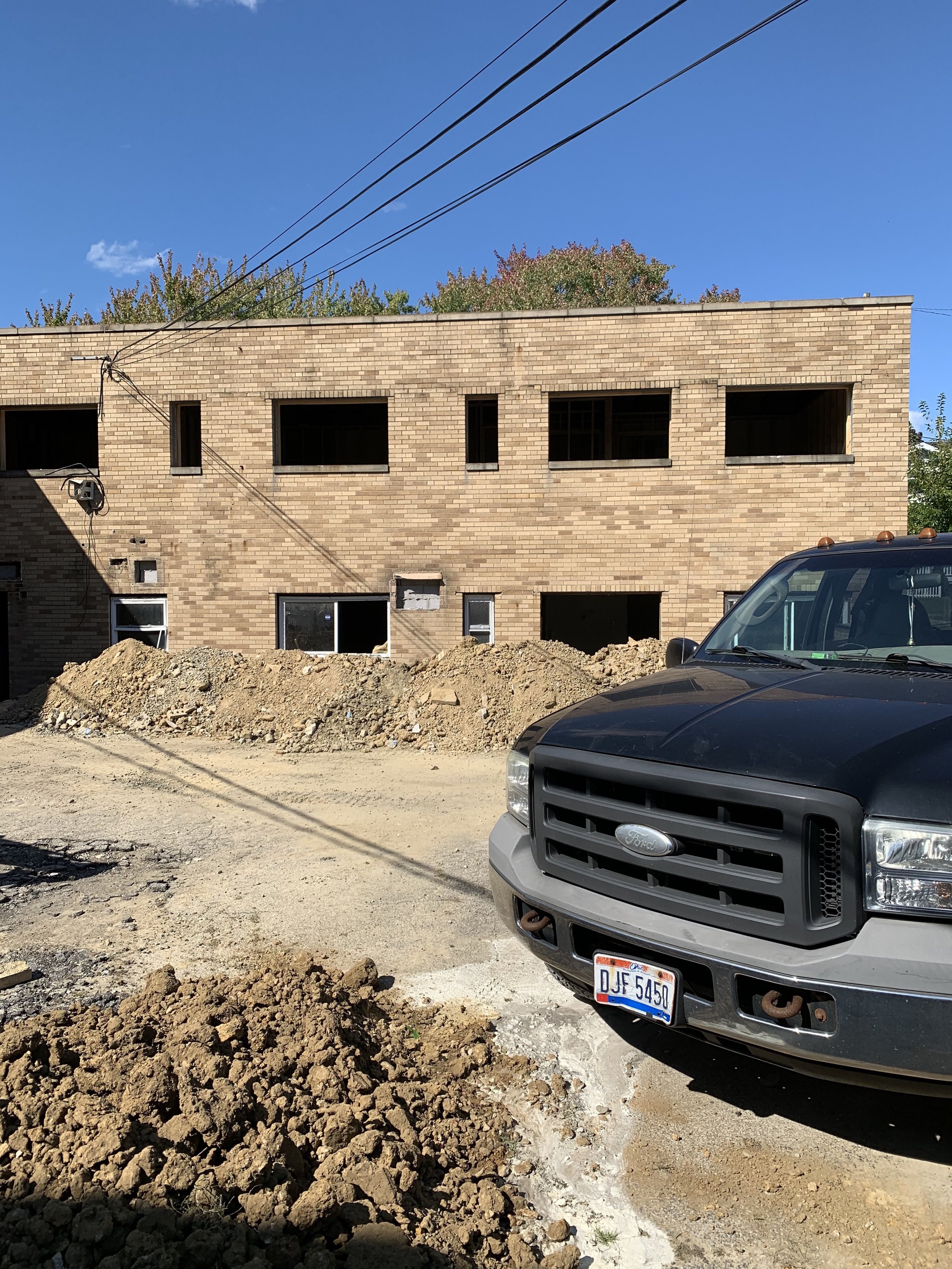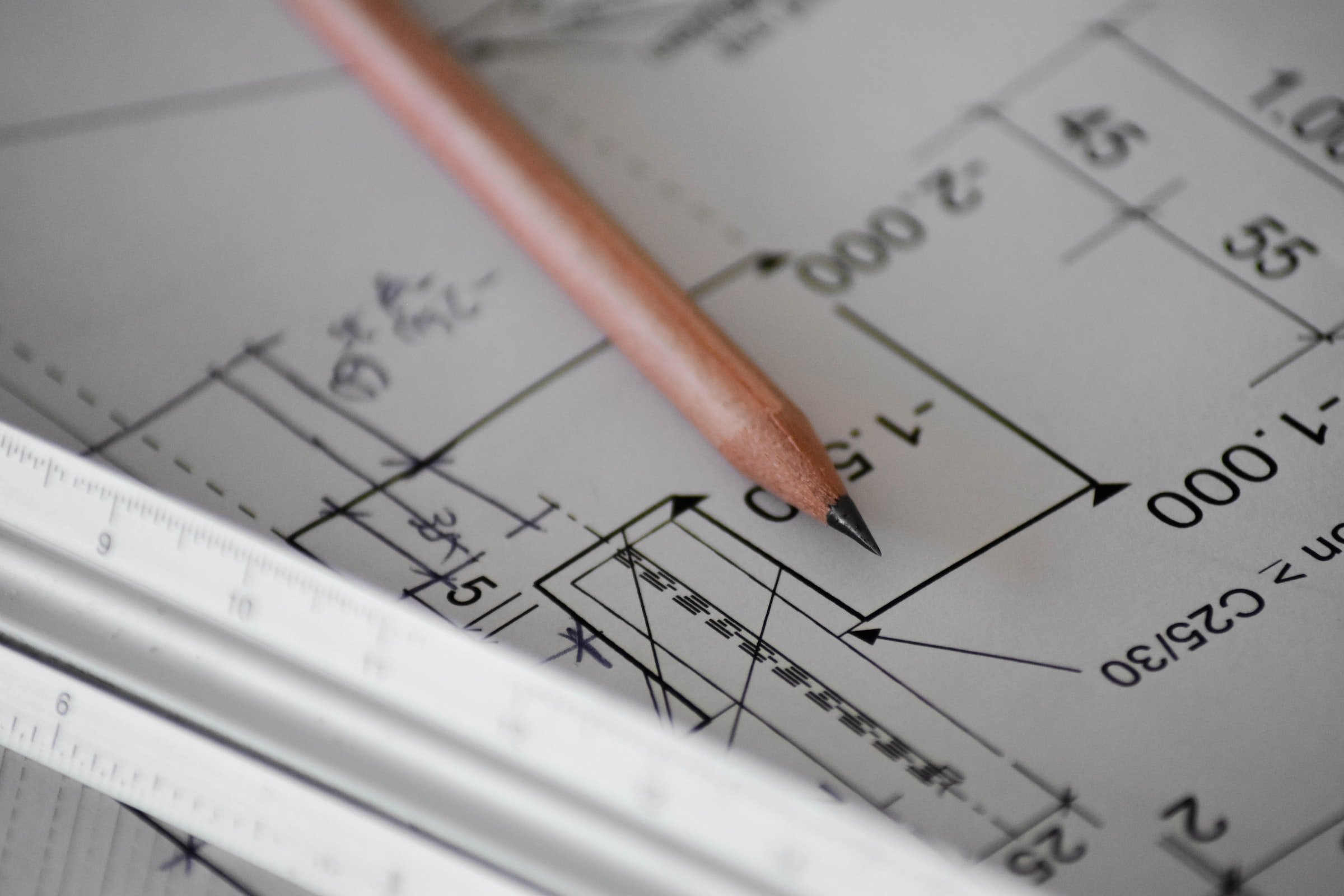
Communicate. Design. Build.
Complete Self-Performing Design Build and Renovation Specialists
Our Construction Project Process—Construction project management requires a broad variety of skills, along with the ability to interface with a diverse range of agencies and people in order to lead the project from concept to build. It’s important that construction project managers follow the principles of project management during every phase of the project.
Conceiving and
Project Initiation
You can’t start a project unless you know you’ll be able to finish it. First comes the due diligence to determine if the project is even feasible. How do you figure this out? You want to go through a feasibility study or what is often called a business case, in which you look at the goals, cost and timeline to see if you have resources to reach a successful project end within those constraints. You also want to define the reasoning behind the project and make sure it’s sound. If so, then you create your project charter to help initiate the project. You’ll also identify potential issues and risks in this phase.

Define and Plan the Project—You have approval, now how are you going to achieve success? Outline the tasks within the timeline, noting project milestones, and the resources needed to do those tasks within the budget allotted. Be transparent in your plan, so everyone is on the same page and understands what needs to be done over the life cycle of the project. That includes detailing the cost, scope, duration, quality and communications used in the project. This is also when you’ll be able to conceptualize the best team for the project and begin the process of assembling them.
Launch the Project
Now you’re executing the project, taking the plan and implementing it, along with all the changes and issues that can arise during such a process. Whatever deliverables you promised must come through in the timeframe you noted. Now you must deal with stakeholders and customers and teams. The latter have tasks must be completed, which means workload management and resource allocation. You’ll be setting up meetings and reporting frequently throughout this stage. This is where your project management tool will really be tested, but more on that later.




